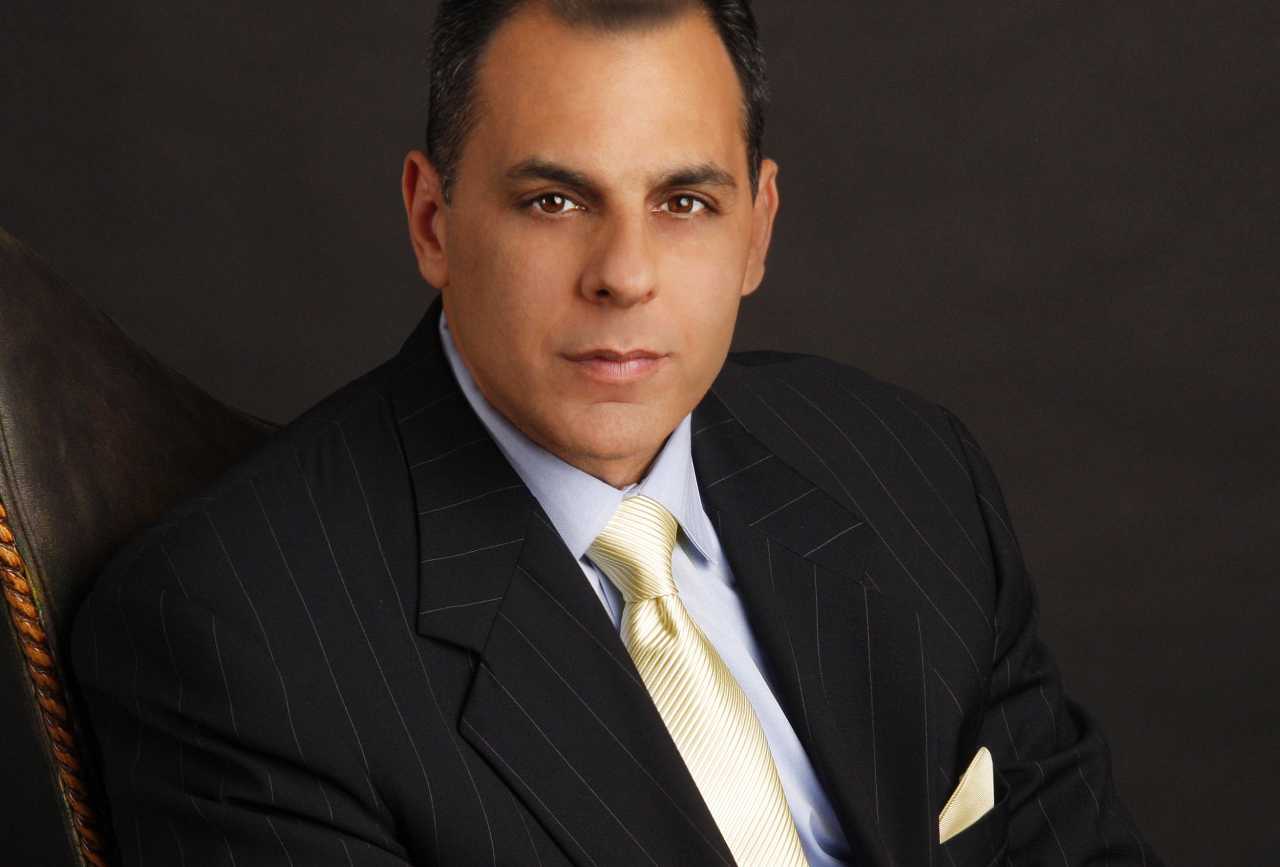My wife and I have a sizable estate with $10 million – are we wrong for being nervous to leave our children a large inheritance?
Someone in the Bogleheads community published a post requesting advice for his will. He is married and has two children that are 19 and 21 years old. The couple has amassed a $10 million fortune and is nervous about giving their children the entire fortune in the event the couple suddenly passes away. I’ll share […] The post My wife and I have a sizable estate with $10 million – are we wrong for being nervous to leave our children a large inheritance? appeared first on 24/7 Wall St..

Someone in the Bogleheads community published a post requesting advice for his will. He is married and has two children that are 19 and 21 years old. The couple has amassed a $10 million fortune and is nervous about giving their children the entire fortune in the event the couple suddenly passes away. I’ll share my thoughts, but it is good to speak with a financial advisor if you can.
Key Points
-
The Bogleheads community discusses whether it’s a good idea to defer a large inheritance or not.
-
Teaching your children about finance is the best approach and can set them up for long-term wealth.
-
4 million Americans are set to retire this year. If you want to join them, click here now to see if you’re behind, or ahead. It only takes a minute. (Sponsor)
Teach Your Kids About Money

Getting older doesn’t guarantee that you become smarter with money. However, instilling lessons into your children about money will leave them better prepared when they receive their inheritances.
A fear about how the kids will manage their money may indicate that you have to teach them more about money. Make sure they are investing regularly and learn the lessons that helped you reach your high net worth.
If you teach your kids about money, then they will be prepared to manage a lot of money. You can also experiment with giving your children some money now, in line with the maximum amount set by the IRS gift tax exclusion. Get your children comfortable with managing larger sums of money so they know what to do when they receive their inheritances.
Don’t Delay the Payments

While the average person lives about 77.5 years, that’s just an average. Some people die early, and if you lock the funds until your beneficiary turns 50, they may never live to access them. That’s a good enough reason for some people to let their children access the fortune instead of delaying the distributions.
However, the extra funds can also make it easier for your children to achieve significant milestones, such as buying a house. It can help them capitalize on opportunities and have their wealth compound faster.
While some people make big investments with inheritances despite lacking experience, you can mitigate that risk by getting your children to invest now. That way, stocks and ETFs don’t look as scary, and if possible, you can even get them involved with real estate investments.
If You Delay, Give the Beneficiaries Their Funds At 35

The Bogleheads community had mixed reactions, but one comment resonated for people who want to delay distributions. If you want to delay a child’s access to funds, you should let them access everything by the time they turn 35.
The commenter who made this suggestion had a pretty good argument. That’s when the mind is fully developed, and someone who would blow through the money at 35 would almost certainly blow through the money at 50 as well.
The post My wife and I have a sizable estate with $10 million – are we wrong for being nervous to leave our children a large inheritance? appeared first on 24/7 Wall St..
























































































































































